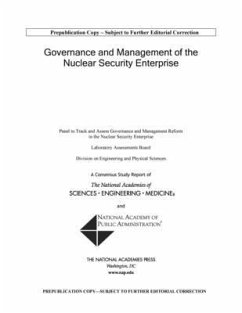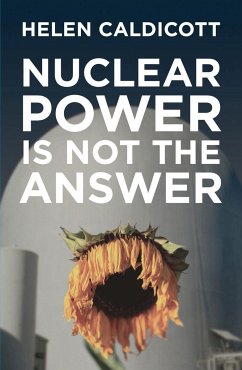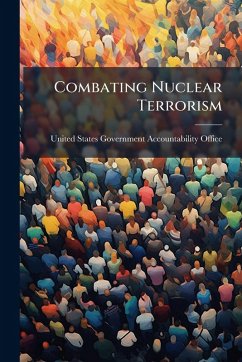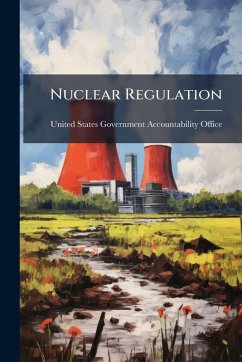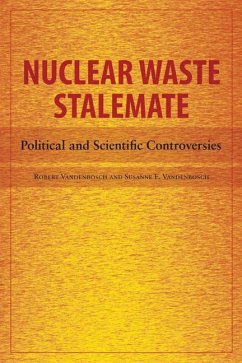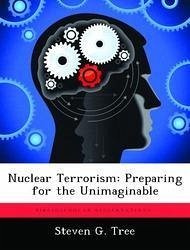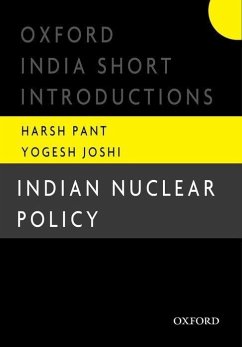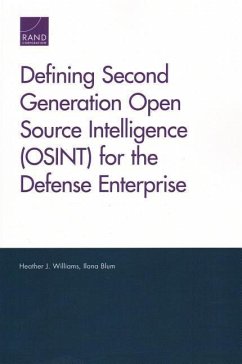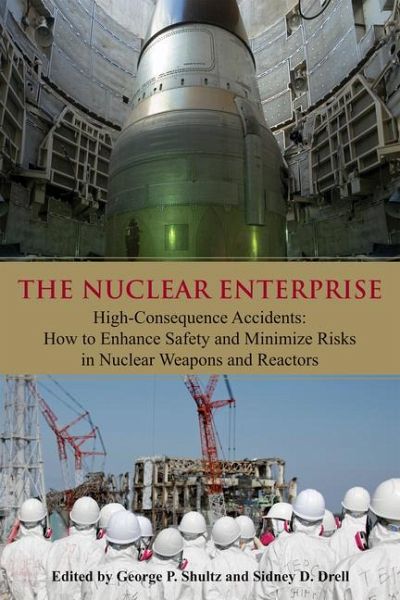
The Nuclear Enterprise
High-Consequence Accidents: How to Enhance Safety and Minimize Risks in Nuclear Weapons and Reactors
Versandkostenfrei!
Versandfertig in über 4 Wochen
15,99 €
inkl. MwSt.

PAYBACK Punkte
8 °P sammeln!
Since the first atomic bomb explosions in the summer of 1945 and the initiation of a nuclear power reactor program soon thereafter, the United States has worked to establish a high standard of safety in its national program for both its weapons and its civilian power activities. Today, however, the nuclear enterprise faces new and increasingly difficult challenges. It is imperative that nuclear enterprise leaders create a culture of safety in all levels of nuclear operations implemented by a team of technical and managerial talent with full accountability and proper priorities. In "The Nuclear...
Since the first atomic bomb explosions in the summer of 1945 and the initiation of a nuclear power reactor program soon thereafter, the United States has worked to establish a high standard of safety in its national program for both its weapons and its civilian power activities. Today, however, the nuclear enterprise faces new and increasingly difficult challenges. It is imperative that nuclear enterprise leaders create a culture of safety in all levels of nuclear operations implemented by a team of technical and managerial talent with full accountability and proper priorities. In "The Nuclear Enterprise," a panel of expert contributors offers its views on the risks posed by nuclear weapons and nuclear power and the possibilities for reducing these risks globally, focusing specifically on issues of safety, regulation, and public perception. The authors, all specialists on various aspects of this challenging topic, begin with a discussion of safety issues surrounding nuclear weapons. They point out the superb safety record of the US nuclear weapons program since 1945 but caution that we are still working our way through safety challenges that were made more difficult by design decisions taken to meet military requirements set during the height of the Cold War. They then discuss nuclear reactor safety, including what to do with high-level radioactive waste, how to face the challenge of internationalizing the process of ensuring reactor safety around the world, and more. In their discussion of economic and regulatory issues, they focus on the importance of establishing and maintaining an independent authority protected from regulatory capture by either the government or the industry being regulated. The book concludes with an exploration of media and public policy issues, discussing how insights gained from the preceding chapters might be used to inform and raise public and governmental discussions regarding the nuclear enterprise in the energy and weapons arenas. The risk posed by the nuclear enterprise of weapons and civilian power plants is unique in its enormity. Successful leadership in national security policy will require a continuous, diligent, and multinational assessment of newly emerging risks and consequences.




